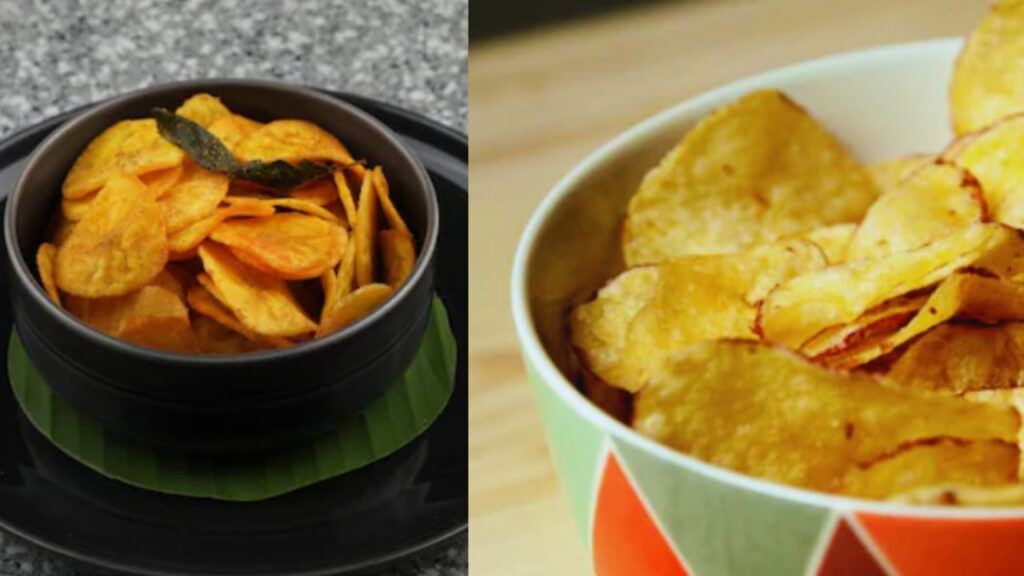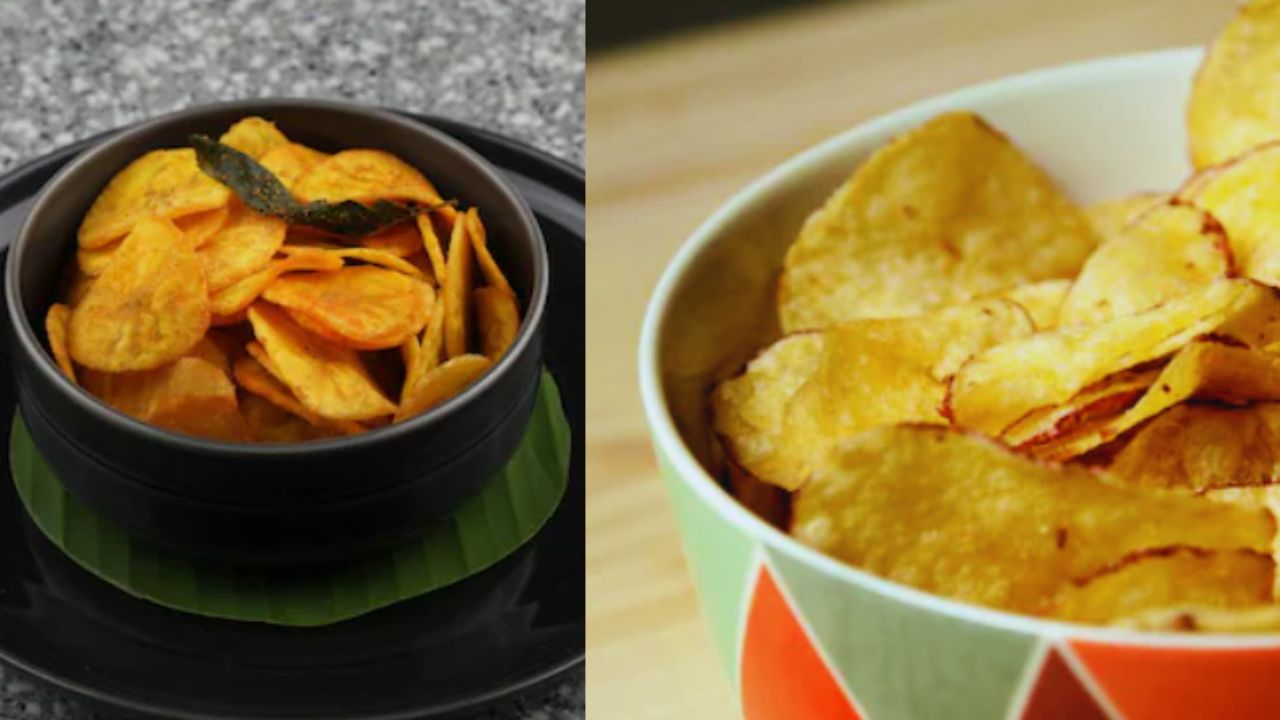Potato Chips vs Banana Chips: Which Crunchy Snack Reigns Supreme? Experts Weigh In
When hunger strikes between meals, most of us instinctively reach for something quick, tasty, and crunchy. Among the most beloved snack choices are potato chips and banana chips — both crisp, salty, and addictively delicious. But when it comes to health, nutrition, and guilt-free indulgence, which one truly earns the title of the better snack?
We asked nutrition experts to weigh in on this crunchy conundrum. Here’s everything you need to know about potato chips vs banana chips, from calorie counts to health benefits and what to watch out for.
Potato Chips: The Classic Favorite
What They Are
Made from thin slices of white potatoes, deep-fried until golden and seasoned with salt or various flavors, potato chips are a go-to snack worldwide.
Nutritional Profile (Per 100g)
- Calories: ~530 kcal
- Fat: ~35g
- Carbohydrates: ~50g
- Protein: ~6g
- Sodium: High (varies by flavor)
Pros
- Easily available and widely loved.
- Rich in potassium (from the potato itself).
- Variety of flavors to suit all palates.
Cons
- High in saturated fats and sodium, especially in packaged versions.
- Deep frying increases trans fats if unhealthy oils are used.
- Can spike blood sugar due to high glycemic index.
- Minimal fiber or nutrients due to processing.
Banana Chips: The Tropical Rival
What They Are
Made by slicing raw (usually unripe) bananas thinly and frying them — often in coconut oil — banana chips are especially popular in South Indian and Southeast Asian cuisines.

Nutritional Profile (Per 100g)
- Calories: ~520 kcal
- Fat: ~34g
- Carbohydrates: ~58g
- Protein: ~2g
- Fiber: ~2g
Pros
- Slightly more fiber than potato chips.
- Contains micronutrients like magnesium and vitamin B6.
- Often fried in coconut oil, which contains MCTs (medium-chain triglycerides) — believed to boost energy and metabolism.
Cons
- Also deep-fried — still high in fat and calories.
- Natural sugars in bananas can caramelize, adding to the calorie load.
- May be sweetened artificially in some commercial versions.
Expert Opinion: The Better Snack Depends On Context
According to Dr. Ananya Sharma, a clinical nutritionist and lifestyle coach based in Mumbai:
“If you’re choosing between potato and banana chips from a typical supermarket shelf, neither is a health food. But if we look closer, banana chips — especially when made at home or in healthier oils — have a slight edge due to their fiber and micronutrient content.”
She adds, “However, both should be considered occasional treats, not daily munchies. The key lies in portion control, oil quality, and how often you consume them.”
Homemade Wins the Day
If you love snacking but want to stay healthy, experts suggest making your own chips. Air-frying or baking either potato or banana slices with minimal oil and seasoning can dramatically reduce calories and fat.
- Use olive oil or air fryers for a lighter version.
- Skip store-bought flavored chips that come loaded with preservatives, artificial colors, and excess sodium.
- Add a dash of black pepper or chili flakes instead of salt for a flavor kick without raising blood pressure.
The Verdict
| Criteria | Potato Chips | Banana Chips |
|---|---|---|
| Calories | High | High |
| Fiber Content | Low | Moderate |
| Nutrient Density | Low | Slightly better |
| Healthy Oils Option | Rare | Sometimes |
| Addictive Factor | Very High | High |
Bottom Line:
If forced to choose, banana chips edge out slightly due to fiber and nutrients — but only when unsweetened and cooked in healthy oils. However, moderation is key for both.
Healthy Alternatives to Try
- Roasted chickpeas
- Baked sweet potato chips
- Makhana (fox nuts)
- Whole-grain crackers
- Air-popped popcorn
When snack cravings hit, remember: not all chips are created equal — and the best choices are often made in your own kitchen.
